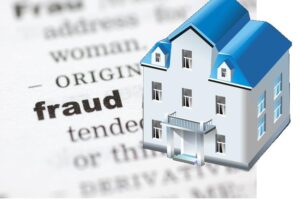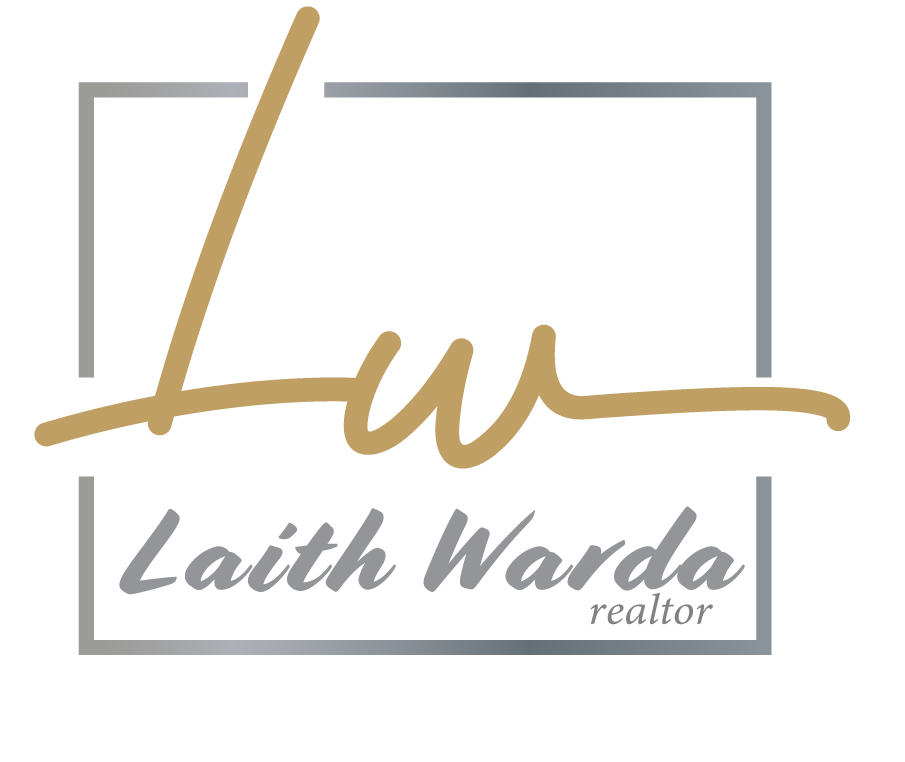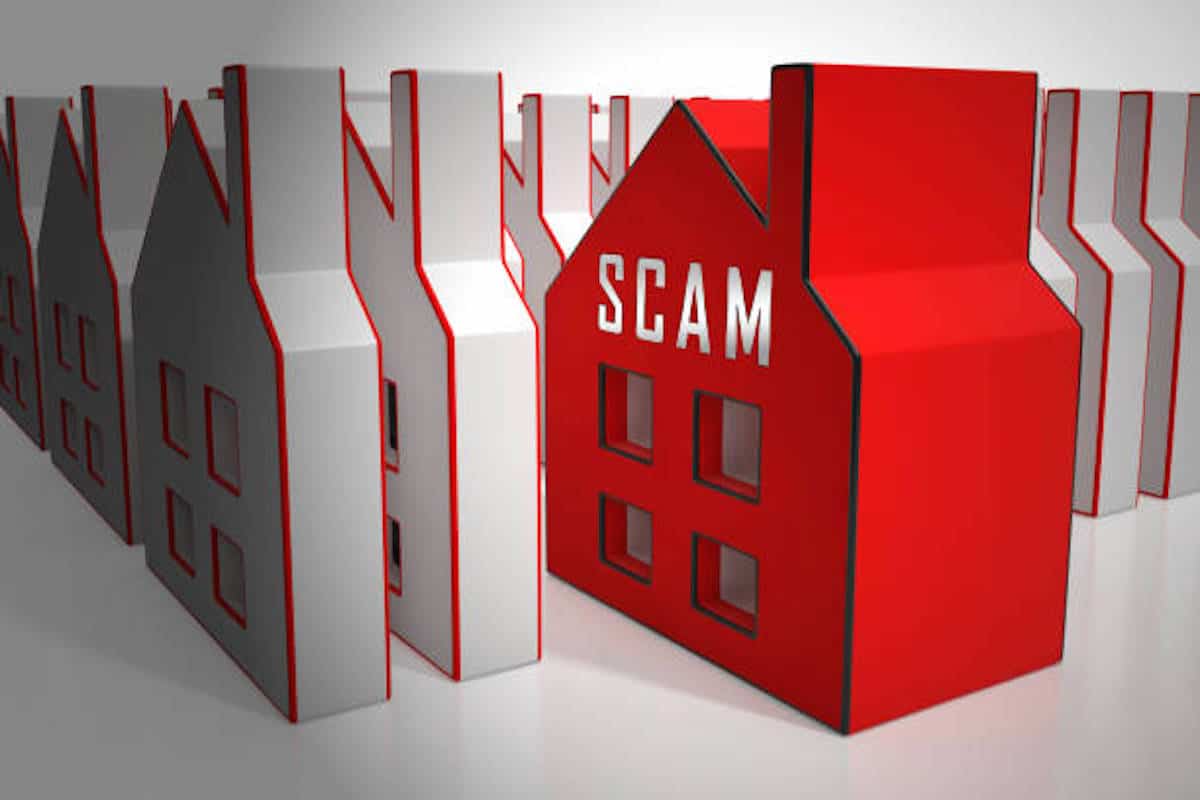Real estate has long been considered a safe and lucrative investment. Whether you’re buying a home, an apartment, or a commercial property, it’s a significant financial commitment. Unfortunately, the world of real estate is not immune to fraudulent activities. Real estate fraud can cost you not only your hard-earned money but also your peace of mind. In this blog, we’ll explore the various types of real estate fraud, their warning signs, and most importantly, how to protect yourself from falling victim to these scams.
Types of Real Estate Fraud
- Mortgage Fraud: Mortgage fraud occurs when individuals or organizations provide false information on mortgage applications to secure loans they wouldn’t otherwise qualify for. This can involve inflating income, understating debts, or providing fake employment information. Once the mortgage is approved, the fraudsters may default on payments or even disappear, leaving the lender with a significant loss.
- Title Fraud: Title fraud involves forging property titles or deeds to gain ownership of a property that doesn’t belong to the fraudster. They may then use the property as collateral for loans or sell it to unsuspecting buyers. Victims of title fraud can face not only financial losses but also legal battles to reclaim their property.
- Rental Fraud: Rental fraud occurs when scammers post fake rental listings online, often offering properties at unrealistically low prices to lure in potential tenants. Victims may pay a deposit or first month’s rent, only to discover that the property doesn’t exist or isn’t available for rent.
- Foreclosure Fraud: Foreclosure fraud targets homeowners who are struggling to make mortgage payments. Scammers promise to help them avoid foreclosure by charging upfront fees for services they never deliver. Homeowners end up losing their money and, eventually, their homes.
Warning Signs of Real Estate Fraud
Recognizing the signs of real estate fraud is crucial in protecting yourself:
- Too Good to Be True Deals: Be skeptical of deals that seem too good to be true. If a property is significantly underpriced or the terms are unusually favorable, it may be a red flag.
- Pressure to Act Quickly: Scammers often create a sense of urgency, pressuring you to make quick decisions without proper research or consultation.
- Incomplete or Inconsistent Documentation: Always thoroughly review all documentation related to a property transaction. Incomplete or inconsistent paperwork should raise suspicions.
- Unusual Payment Requests: Beware of sellers or agents who request payments in unconventional ways, such as wire transfers to overseas accounts.
Protecting Yourself from Real Estate Fraud
- Do Your Due Diligence: Research the property, the seller, and the real estate agent thoroughly. Check for online reviews, verify their credentials, and visit the property in person if possible.
- Consult Professionals: Engage the services of a reputable real estate attorney and a qualified real estate agent to guide you through the process.
- Never Rush: Take your time when making real estate decisions. Don’t be pressured into making quick choices.
- Verify Documentation: Ensure all documents are legitimate and consult with legal experts if you have any doubts.
- Secure Your Personal Information: Protect your personal and financial information, as fraudsters can use it to commit identity theft.
 Conclusion
Conclusion
Real estate fraud is a serious threat that can result in significant financial and emotional distress. By being aware of the types of fraud, recognizing warning signs, and taking proactive steps to protect yourself, you can reduce the risk of falling victim to real estate scams. Remember that due diligence and professional guidance are your best defenses in the world of real estate transactions.



